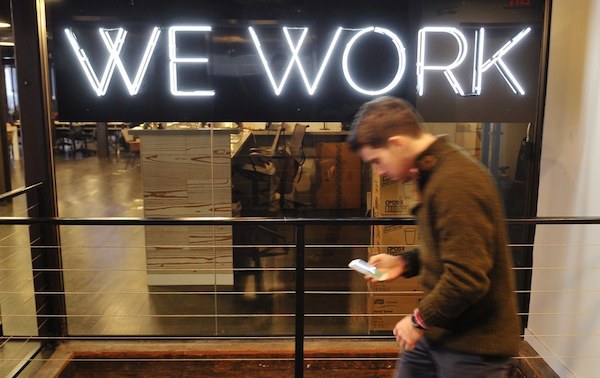
Also, which day of the week would you never want to work again?
Corporations dream of continuous growth. It shows prosperity, guarantees healthy stock prices. If GDP moves up, the country is healthy; if it remains flat, the country is “stagnating”. Our whole financial system is based on chasing more and more growth for greater and greater rewards.
Some economists suggest there may be another ideal, the steady state, at which productivity increases lead not to continuous growth, but a more equal distribution of limited resources, and for much of the currently employed, a reduction in work hours as employment hours and free time are essentially redistributed. I’m drastically oversimplifying the premise for a setup here, but if you’re into the economic argument, this fantastic Mother Jones article goes in depth.
Essentially, the proposal is that we all share the amount of employment needed to maintain a healthy steady state, then tax big corporations and the very rich to supplement the services a healthy society shouldn’t make its citizens go broke paying for itself (like health care and education) to make our remaining pay go farther. Interesting theory.
But at the end of the day, an immediate change would be you work less, but make less. We’d have to adjust to less money (and therefore less consumption), and more free time.
Would you be willing to go from a five day to a four day work week for four-fifths (20% less) income?
How would you adjust to having less money? What would you do with the extra time?
What other societal implications or changes might result from a shift like this? Would we be more or less informed and engaged? More or less relaxed and satisfied with our careers? More or less able to travel, or create or appreciate art and culture, or any other positive pursuits?




